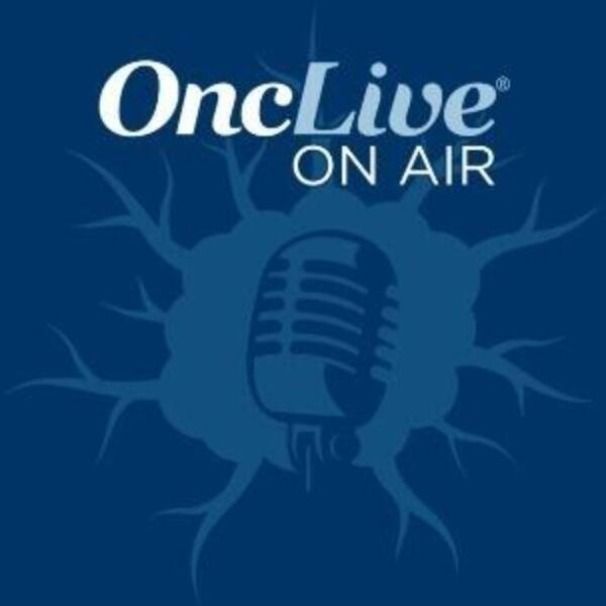Video
Dr. Shah on Unmet Needs With CAR T-Cell Therapies in Hematologic Malignancies
Author(s):
Nirav N. Shah, MD, discusses remaining unmet needs with CAR T-cell therapies, and how to ameliorate these challenges for patients with hematologic malignancies.
Nirav N. Shah, MD, associate professor, the Medical College of Wisconsin, discusses remaining unmet needs with CAR T-cell therapies, and how to ameliorate these challenges for patients with hematologic malignancies.
Advancements in CAR T-cell therapy have led to effective and paradigm-shifting strategies for treating patients with B-cell malignancies, Shah says. However, improvements are needed of treatment development and delivery, as well as improved toxicity management for patients with these agents, Shah emphasizes.
CAR T-cell therapy can be associated with lead to several adverse effects (AEs), Shah continues. Long-term effects include low B-cell counts or the inability to produce antibodies following treatment, Shah explains. Additionally, short-term AEs include cytokine release syndrome and ICANS, Shah adds.
Furthermore, CAR T-cell therapy invokes logistical challenges, such as the cost of manufacturing and long wait-times for patients, Shah concludes.








